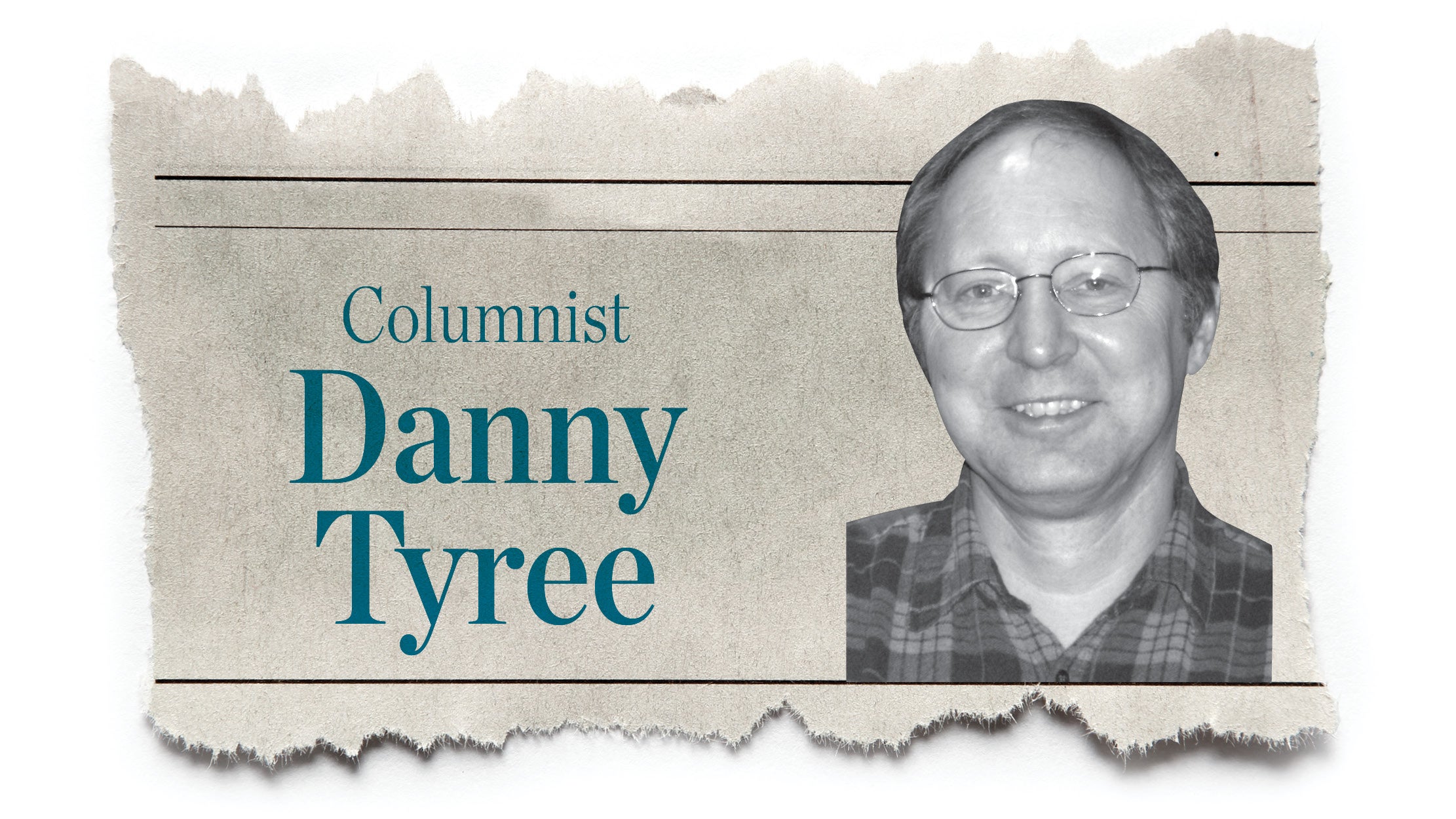K. L. Allen: Solutions exist to inequalities highlighted by the pandemic
Published 12:20 am Thursday, December 10, 2020
COVID-19 is a powerful equalizer. It could care less about our skin color, job, sexual orientation or birthplace, or anything else about us. It only cares if we are alive, and if so, it’s good to go – it will try to infect us. In this way, the pandemic has united Americans behind the reality that, since we can all get sick, we should help each other avoid infection by masking, social distancing, practicing good hand hygiene and avoiding large groups. It’s a lesson we still seem to be trying to figure out.
At the same time, however, the pandemic has laid bare some of the inequities that persist in America, especially inequities in the workforce. While the virus may not care about our differences, they may determine if you are exposed to the virus, to begin with.
A big piece of this is the workplace. A study published by the CDC in November found that working from home could cut your risk of getting COVID-19 in half. Furthermore, a study released by University of Chicago economists this spring found that workers who cannot work from home because their jobs require in-person duties, often in close proximity to others, are more likely to be low-income, non-white an immigrant, or lack a post-secondary credential.
The bottom line is that working from home reduces your chances of contracting COVID-19 but significant barriers exist to many Americans who may want to find such employment since according to the U.S. Department of Labor, more than half of college-educated workers say they could work from home, but only 4 percent with less than a high school diploma said the same thing. Even with a vaccine on the horizon, the effects of the pandemic will linger, particularly its economic ones.
As someone who works in higher education, this is exactly the kind of challenge that inspires me, and, as the leader of WGU Ohio, Ohio’s newest university and a national leader in online education, it’s the kind of challenge I went to work at WGU to tackle.
WGU’s mission is about reaching out to those who want to move up in life but for whom a traditional in-person, classroom-based education experience doesn’t work.
Obligations like work, home or caregiving are of course priorities and it is hard to move up in life if you have to go backward to try to do it. The online, work-at-your-own pace, competency-based model of WGU, however, is perfect for those people who can’t set aside “life” as they attempt to better theirs.
“Wait a minute,” you might say, “What about the technology?”
As with any online education provider, no laptop and no internet mean trouble, and the pandemic has highlighted the fact that this trouble isn’t distributed equally in America. A study by the Pew Research Center found that Black and Latinx families with school-aged children are more than twice as likely to lack internet access as white families.
Addressing this gap is why WGU offers the Online Access Scholarship. With it, eligible students who are active and in good standing can receive Internet installation and service, as well as a refurbished laptop and webcam. At WGU we know that we can’t be committed to expanding access to education if we aren’t also committed to expanding access to the tools that make it possible.
Though not everyone can work from home, everyone who wants to learn from home can find a way to do it, and WGU’s heart and soul is about helping make it happen. Our unique online model and commitment to supporting needy students lacking the requisite technology are game changers. For those feeling the pandemic’s impact on the economic front, now’s the time for upgrading skills and earning a degree or industry-recognized credential.
The pandemic has brought a lot of disruption to our lives in 2020, challenges we’ll be glad to see in the rearview mirror in 2021. But there’s been a big upside as well — the opportunity it’s given us to gain educational achievement and new, brighter job prospects. It’s time to make it happen.
K. L. Allen is director of WGU Ohio, the state affiliate of online, nonprofit Western Governors University.





